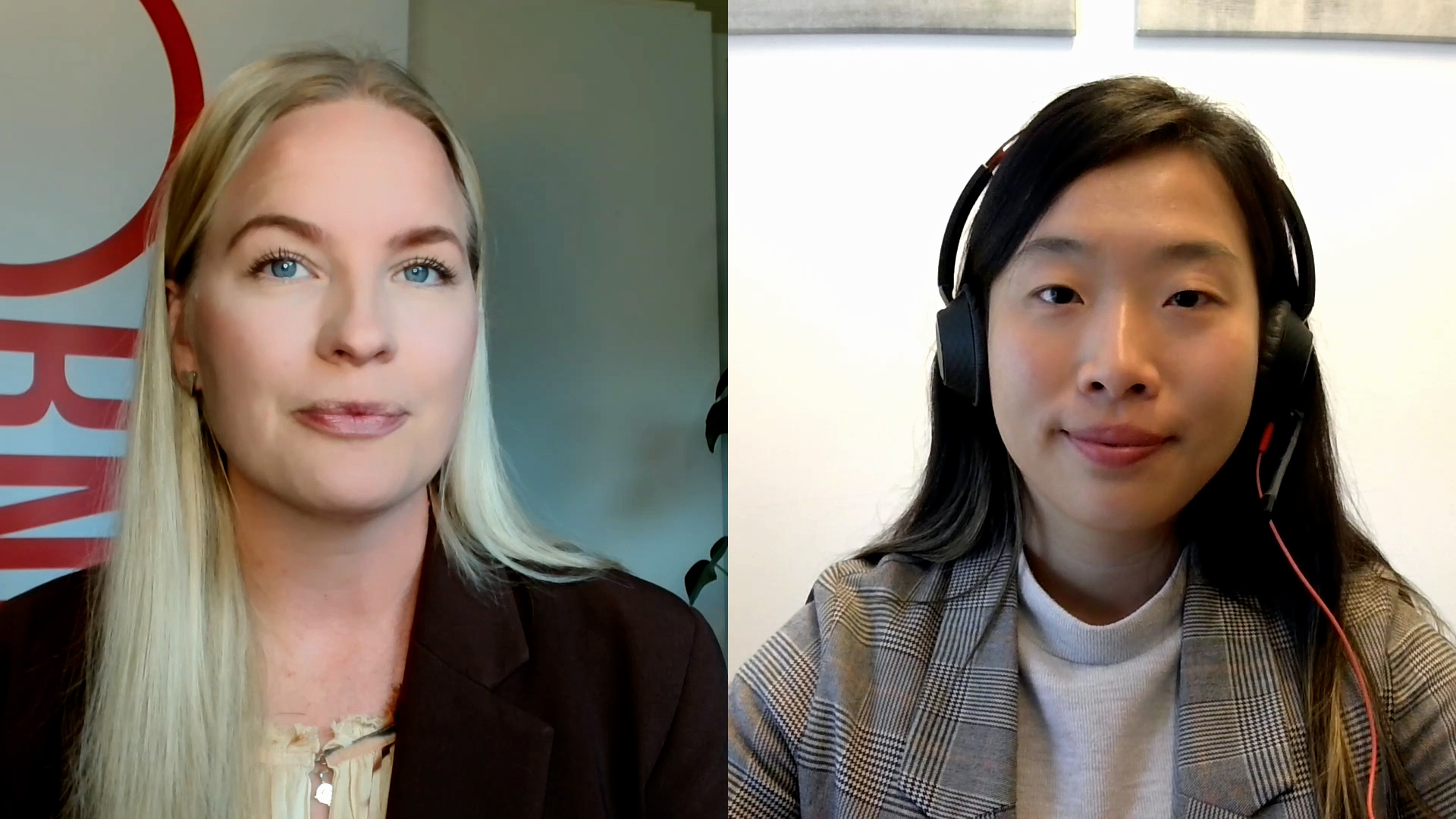
Fund names are a powerful marketing tool, and to protect investors against "greenwashing", the European Securities and Markets Authority (ESMA) has just published new rules for funds that use ESG or other sustainability-related terms in their names. This is likely to lead to fund having to sell a number of stocks, including those from defence and oil sectors.
The rule sets out 2 important requirements:
• Funds must have a minimum of 80% of investments that meet the environmental or social characteristics of the sustainable investment strategy or objectives.
• Funds must comply with the exclusions set by the European regulation for Paris Aligned Benchmarks (PABs) and Climate Transition Benchmarks (CTBs).
These new guidelines could apply to new funds from September 15 2024 and to existing funds from March 15 2025.
How Many Funds Could be Affected?
Morningstar Sustainalytics has produced a report (EU Guidelines on ESG Funds' Names: A Great Reshuffle Ahead) to analyse the impact of these European guidelines.
While the guidelines do not provide an exhaustive list of terms that appear in fund names, the authors of the report, Hortense Bioy (head of sustainable investing research at Morningstar Sustainalytics), Arthur Carabia (director of ESG policy research at Morningstar) and Biddappa A.R. (senior quantitative research technology analyst) analysed Morningstar to identify additional terms that might be in scope and the funds that use them.
They found nearly 4,300 mutual funds and ETFs available for sale in the European Union that use some ESG or sustainability-related terms in their names and may fall within the scope of the new guidelines. In total they represent approximately 15% of the total universe of open-ended funds and ETFs marketed in the EU.
The authors of the report first identified companies that may be in breach of the CTB and PAB exclusion rules.
Of the 4,300 funds identified, the analysis was carried out on some 2,500 funds with portfolio data. Of these, just over 1,600 had at least one company in breach of the PAB or CTB exclusion rules, as interpreted by Morningstar Sustainalytics. Of those 1,600 funds, about 500 hold more than five stocks that could violate the exclusion rules and would require further portfolio adjustment.
The Most Common Stocks in These Funds
The following table lists the 10 most common companies in the funds included in the study that meet our PAB or CTB exclusion criteria, along with the number of funds included in the study that hold these companies, the aggregate value of each company's holding, as well as the main reason for their exclusion.
Dassault Systemes (DSY), TotalEnergies (TTE) and Neste (NESTE) are the three most common stocks in the funds included in the study that meet the PAB or CTB exclusion criteria according to Morningstar Sustainalytics research.
Dassault Systemes provides software applications and services to multiple industries, including mining through its Port Kembla coal terminal, a coal export facility. Through GEOVIA Minex, the company offers integrated geology and mine planning solutions for coal deposits, used for resource assessment and effective exploration. According to Sustainalytics, Dassault Systemes' estimated revenues from thermal coal support products and services represent 1% of the company's total revenues.
Neste is a refining and marketing company offering oil refining and renewable solutions. Sustainalytics estimates that oil refining, transportation and storage revenues account for 50% of the company's total revenues.
Stocks with the Highest Exposure in the Funds
If we now analyse the impact on the positions of potentially affected funds, not in terms of presence in portfolios but in terms of monetary value, it can be seen that TotalEnergies, Tencent and Shell are the three companies that will be most affected by the BAP exclusion rule, in dollar terms.
TotalEnergies is a French oil company held by 356 funds included in the study for an aggregate value of about $3.5 billion, representing about 2% of TotalEnergies' total market capitalisation. TotalEnergies is in more ESG portfolios than its rivals Shell (144 funds), Exxon Mobil (90 funds) and BP (94 funds).
As for Chinese communications services company Tencent Holdings (00700), which is listed in some 167 investment funds with an aggregate value of $3.3 billion, it is on Sustainalytics' list of violators of the UN Global Compact's human rights principles. Tencent is arguably China's most influential internet company.
It is the world's largest seller of video games and also runs China's largest social networking super app, WeChat, which is part of the fabric of life for Chinese people, who use it to shop, watch videos, play games, order food and taxis, and so on. However, Tencent reportedly exercises widespread censorship and surveillance of the platform's users without adequate management and disclosure systems in place to ensure the right to freedom of expression and privacy.
Most Affected Stocks in Climate Transition Funds
In the table below, we list the 20 most common companies in funds that use transition-related terms in their names. These companies fall within the scope of the CTB's less stringent exclusion rules.
BYD (002594), which is currently held by 26 funds that have the word "transition" in their name, is at the top of the list mainly due to the company's focus on electric vehicles, renewable energy and rail transport. It is perhaps little known that BYD Ltd, through its 66%-owned subsidiary BYD Electronic (also in the table), also manufactures e-cigarettes.
Most Affected Stocks in "Social" Funds
The table below lists the most common companies in the 124 funds that have a social-related term in their names. Only 13 companies have been identified, which means that most of the funds in this category are already well aligned with the CTB's exclusion rules.
Eight of the 10 stocks are defence companies. In total, Airbus SE (AIR) is in the portfolios of 94 funds, Safran SA (SAF) is in 84 funds, while Thales (HO) is present in 62 funds. The reason for these holdings in many ESG funds is that, while the vast majority of ESG funds tend to exclude companies involved in controversial weapons, exceptions are made for companies involved in nuclear weapons that are domiciled in countries that have signed the Nuclear Non-Proliferation Treaty. We expect these securities to remain in ESG portfolios.










:quality(80)/cloudfront-us-east-1.images.arcpublishing.com/morningstar/Q7DQFQYMEZD7HIR6KC5R42XEDI.png)




















